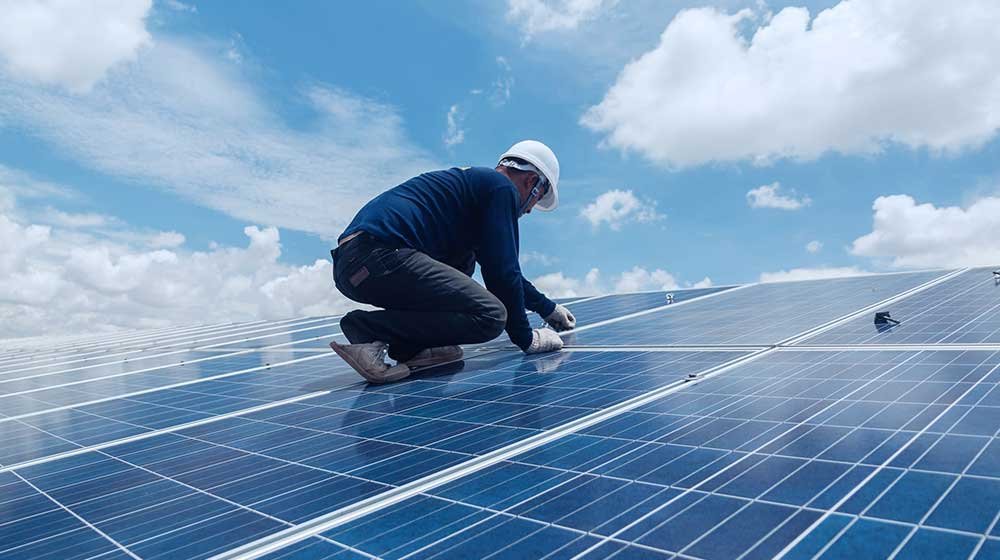
Energy & Utilities Management
Energy management involves the strategic planning, monitoring, and controlling of energy use in an organization to improve efficiency and reduce energy costs.
Key Components
-
Energy Efficiency Programs
Implementing energy-saving measures such as LED lighting, energy-efficient appliances, automated lighting systems, and optimized HVAC systems.
-
Sustainability Initiatives
Implementing eco-friendly practices such as recycling programs, water-saving techniques, and energy-efficient lighting.
-
Waste Reduction and Recycling
Implementing waste management programs that encourage recycling and reduce the volume of waste sent to landfills, potentially lowering utility costs associated with waste disposal.
-
Smart Grid Integration
Connecting to a smart grid to enable real-time energy data sharing, automation of energy systems, and better load management.
-
Internet of Things (IoT) in Facilities
Using IoT sensors and devices to monitor utility systems in real-time, providing data-driven insights into energy usage and equipment performance.
-
Renewable Energy Integration
Incorporating renewable energy sources like solar panels, wind turbines, or geothermal systems to reduce dependence on traditional energy sources and cut down on carbon emissions.
